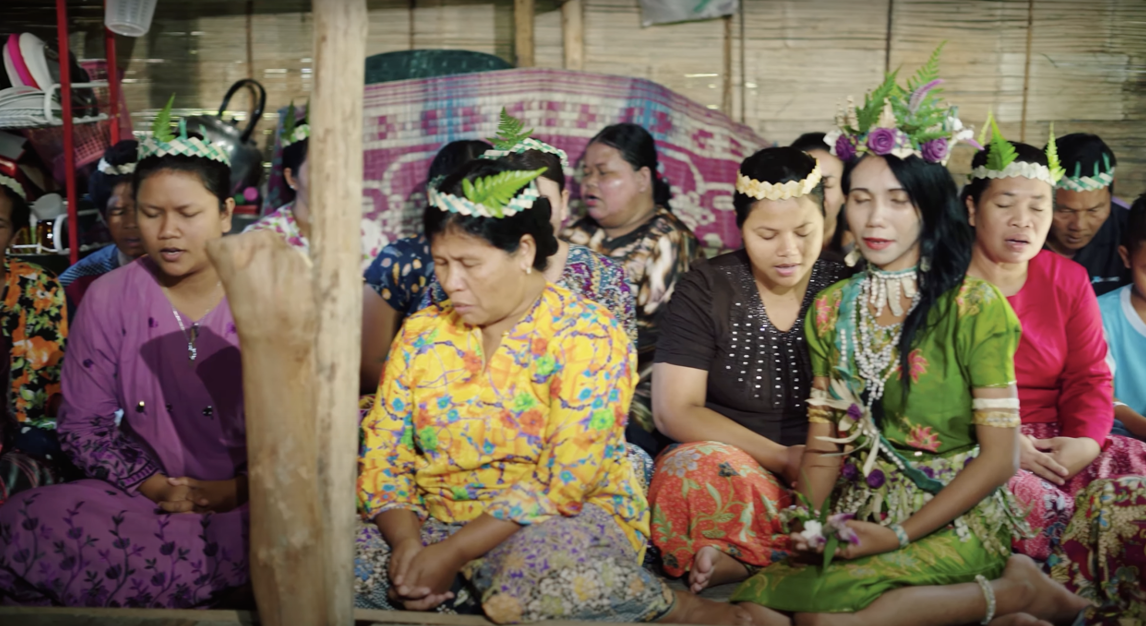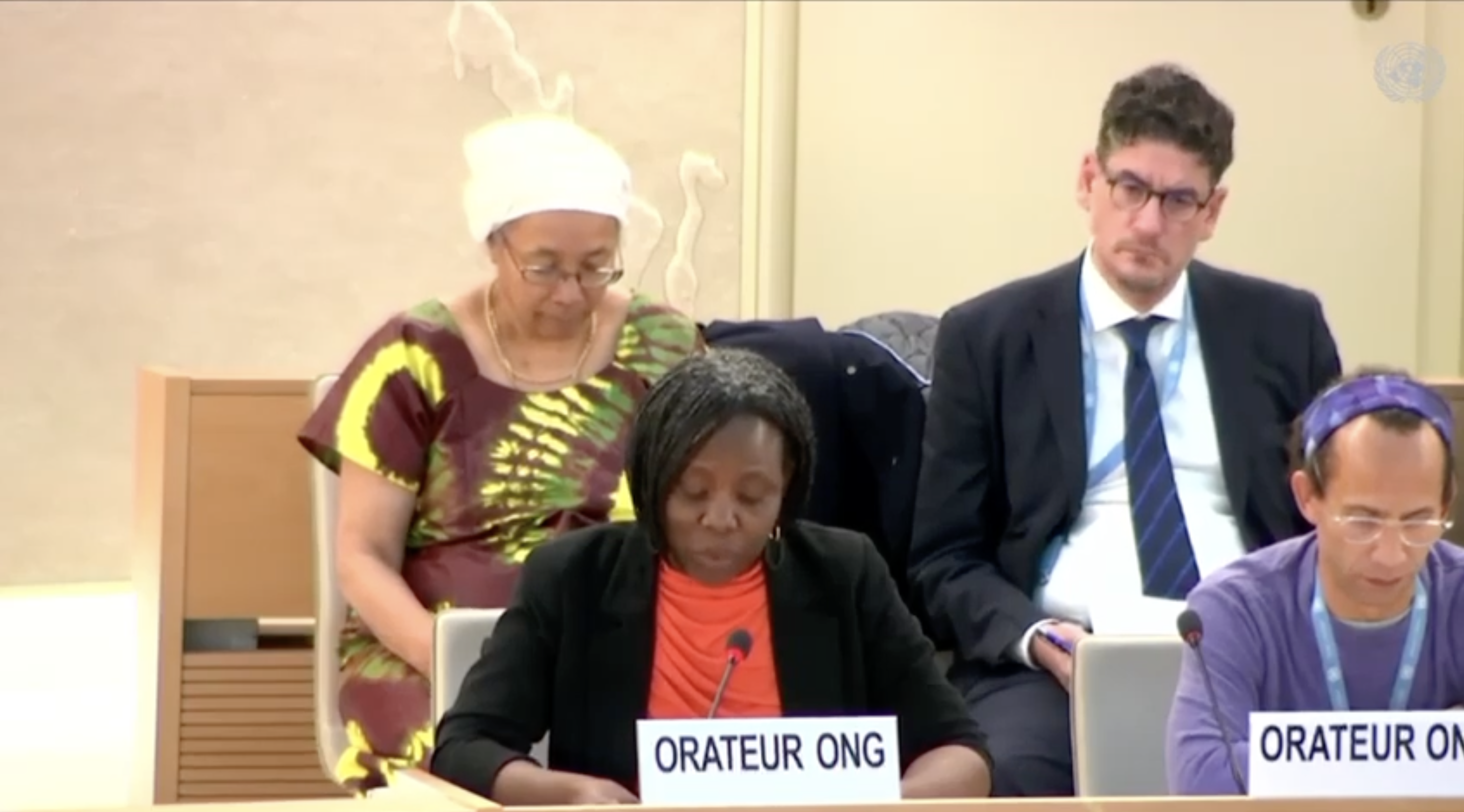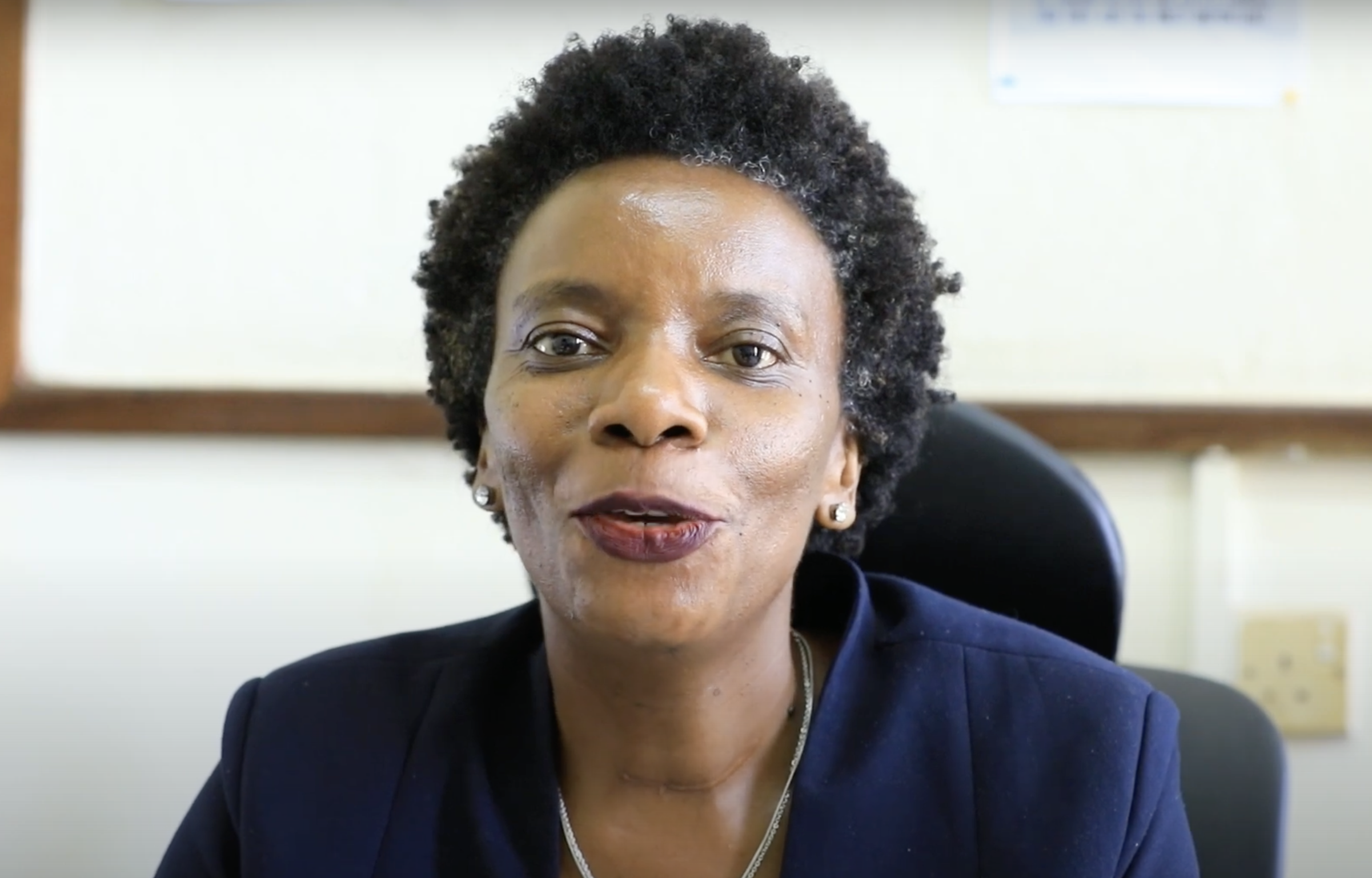The Systematic Persecution of Baha’i Women in Iran: A Crime Against Humanity
By Phoebe Britten / GICJ
Executive Summary
Since the 1979 Iranian Revolution, the Islamic Republic of Iran has systematically persecuted the Baha’i community, motivated by religious animosity. In the decades that followed, Iranian authorities have allegedly executed and forcibly disappeared hundreds of Baha’i individuals, including prominent religious and community leaders. This targeted oppression is legitimised in state policy, with the government and judicial authorities officially designating the Baha’i faith as a deviant cult, thus justifying severe legal and social discrimination.
Particularly, documented evidence reveals that women belonging to this minority are especially targeted due to the intersections of religious and gender discrimination. They have been subject to arbitrary detention, imprisonment and discrimination in education and unemployment. Iranian authorities have institutionalised religious repression through official policy, ensuring that Baha’i women experience social, political, and economic marginalisation [1].
Despite international condemnation, Iran continues to carry out systematic and widespread attacks on Baha’i women, making it one of the most egregious and persistent cases of religious persecution in the modern era.
The Disproportionate Targeting of Women
On the 31st July 2024, a team of independent United Nations Special Rapporteurs (IRN 14/2024) submitted testimony to the Human Rights Council and the Iranian Government expressing concern at the increase in gendered persecution and detestable violations of civil, economic, and political freedoms of women from the Baha’i religion, the largest non-Muslim religion in Iran [2].
Baha’i women comprise two-thirds of all political prisoners in Iran, demonstrating the disproportionate gendered nature of this persecution. Since March 2024 alone, 72 out of 93 Baha’is summoned before Iranian courts or prisons have been women
The persecution of Baha’i women is particularly insidious, as they endure multiple, intersecting forms of state-sanctioned oppression. They face religious persecution through the criminalisation of their declared membership in the Baha’i faith, compounded by gender-based repression that subjects them to harsher legal punishments. Additionally, they suffer economic marginalisation, which not only forces them into financial hardship but also excludes them from fair and equal participation in public life.

[4] - Image - Provided by Baha’i International Community through United Nations (Civil Society)
Arbitrary Arrests and Imprisonment
The Iranian government routinely arrests and imprisons Baha’i women under fabricated charges. Authorities ambiguously justify this unlawful prosecution by suggesting that Baha’i women commit national security crimes such as ‘propaganda against the state’ when, in reality, they are simply exercising their right to religious freedom.
In a summons served to women on the 20th April 2024, 15 Baha’i women were called to the Isfahan Revolutionary Court to defend themselves against baseless charges of ‘propaganda against Iran and for ‘participating in deviant preaching and teaching activities that are contrary to the Holy Sharia of Islam (under article 500 bis of the Islamic Penal Code). UN Special Rapporteurs report that the women were targeted following orchestrated campaigns of coercion, where neighbors and associates were pressured into providing false statements against them.
It was also uncovered that ten Baha’i women in Isfahan were sentenced to a total of 90 years in prison. They were also fined, banned from travel, and had personal and family assets permanently confiscated following arbitrary arrest and torture in Dolat Abad prison.
In the Khorasan Razavi province on the 21st October 2023, Ms. Nasim Sabeti, Ms. Roya Ghane Ezzabadi and Ms. Soheila Ahmadi were sentenced to 3 years and 8 months imprisonment on the baseless charge of "[m]embership in a group with the intention of disrupting the country's security” and eight months of imprisonment for the charge of "propaganda against the system”.
These cases exemplify Iran’s highly organized repression, where the judiciary, security forces, and prison system work in coordination to silence, punish, and illegally erase the Baha’i community.
Exclusion from Education and Employment
The Iranian government actively denies Baha’i women access to education and professional opportunities as part of its larger strategy to legitimise the erasure of their presence in society.
A confidential 1991 memorandum issued by the Iranian Supreme Revolutionary Cultural Council (ISRCC) explicitly dictates that Baha’i students can only be enrolled in schools on the pre-condition that they don’t publicly identify as Baha’i, and legally denies employment or ‘any position of influence’ if they identify as Baha’i [3].
As a result, Baha’i women face extreme economic hardship, as they are prevented from pursuing careers, obtaining business licenses, or securing financial stability through the pursuit of higher education. This deliberate exclusion aims to force Baha’is into poverty, further isolating and weakening the community.
Legal Violations: Crimes Against Humanity
The systematic persecution of Baha’i women violates multiple international human rights laws, including:
- The Universal Declaration of Human Rights (UDHR) – Iran’s policies contravene Article 18, which guarantees freedom of thought, conscience, and religion.
- The International Covenant on Civil and Political Rights (ICCPR) – Iran’s actions breach Articles 18, 19, and 27, which prohibit religious discrimination and arbitrary detention.
- The Rome Statute of the International Criminal Court – Defines persecution as the intentional and severe deprivation of fundamental rights based on religious identity.
Under Article 7 of the Rome Statute, crimes against humanity include a widespread or systematic attack against a civilian population. The Iranian government’s actions meet these criteria, given that such persecution is state-sanctioned and enshrined in legislation, and the attacks on Baha’i women are systemic and alarming.
Concluding Remarks and Recommendations for International Action
Geneva International Centre for Justice (GICJ) strongly condemns the persecution of Baha’i women by the Iranian authorities and the weaponisation of baseless criminal charges to deprive them of their fundamental rights based on religious identity.
The Iranian government’s actions represent a deliberate and calculated attack on religious freedom, violating international human rights standards and subjecting Baha’i women to unjust imprisonment, torture, and economic subjugation merely for their adherence to a minority faith. These fabricated charges serve as a dangerous pretext for the persecution of women from religious minorities with no factual or legal basis. The denial of access to education and arbitrary arrest is not only a violation of basic human rights but also an institutionalised mechanism of social and economic suppression aimed at erasing Baha’i identity from Iranian society.
Taking into account the widespread and systematic attack on this part of the Iranian population, GICJ recognises these acts of persecution as crimes against humanity and calls on the international community, human rights organisations, and United Nations bodies to take immediate action. It is imperative that Iran is held accountable for its ongoing violations of international law, and that Baha’i women - along with all religious minorities - are granted the protection, dignity, and justice that they are entitled to under universal human rights principles.
Following the official submissions of UN Special Rapporteurs, GICJ calls on the international community to support available accountability measures, urging member states to push for prosecutions through domestic courts and international bodies. There must be a renewal of the UN Independent International Fact-Finding Mission on Iran – this mission must be fully resourced to document human rights violations. Finally, national judicial authorities are encouraged to collect evidence, and countries with universal jurisdiction laws should compile cases for future structural investigations into Iran’s crimes.
The time for action is now. The international community must demand justice for Baha’i women and hold Iran accountable for its ongoing crimes against humanity.
#HumanRights #BahaiRights #FreedomOfBelief #EndPersecution #WomensRights #GenevaInternationalCentreForJustice #geneva4justice #GICJ
Bibliography
[1] - Special Rapporteur Report AL IRN (14.2024)
[2] - Special Procedures Press Release on Baha’i Women
[3] - 1991 ISRCC Memorandum on the Baha’is of Iran
[4] - Image Source (United Nations): https://www.un.org/en/civil-society/bahai-international-community












